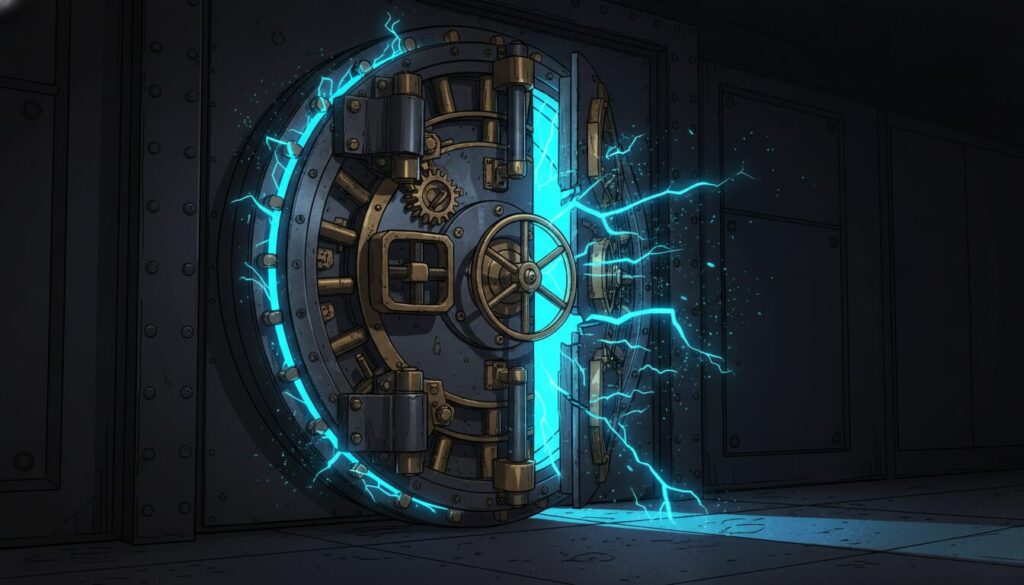Coinbase Initiates Major Onchain Fund Migration to Bolster Security

Cryptocurrency exchange Coinbase began moving a large volume of digital assets to new internal wallets on Saturday as part of a planned and routine security upgrade. The company confirmed the migration is a standard industry practice designed to enhance cybersecurity by not leaving funds in publicly known wallet addresses for extended periods.
Coinbase clarified that this internal transfer is a proactive measure and not a response to any external threat or security breach. As a result, users will observe significant Bitcoin and Ether balances moving onchain between wallets that are already identified by blockchain explorers as belonging to the exchange.
The exchange also issued a warning to its customers, noting that scammers might try to exploit the public nature of these transactions. Coinbase urged users to be vigilant against phishing attempts where malicious actors could impersonate company representatives and ask for login credentials or request that users move their own funds. The company reiterated that it never makes such requests.
Why Exchanges Periodically Move Funds
Regularly migrating funds is a critical security protocol in the digital asset industry. Hackers often target the centralized servers and internet-connected hot wallets of exchanges, which can hold vast amounts of cryptocurrency. These large, static repositories of funds act as “honeypots” for threat actors who may spend months planning sophisticated attacks.
By periodically shifting assets to new, undisclosed wallet addresses, exchanges reduce the long-term exposure of any single wallet, making it a less predictable and less attractive target for cybercriminals.
Addressing Evolving Security Threats
The landscape of digital threats is constantly evolving. Cybersecurity experts note that the rise of Artificial Intelligence (AI) provides hackers with powerful tools to analyze public data and metadata, increasing the risk of compromising sensitive information and executing theft.
A more distant but significant threat comes from quantum computing. Gianluca Di Bella, a researcher specializing in smart contracts and zero-knowledge proofs, explained a potential “harvest now, decrypt later” attack. In this scenario, malicious actors could be collecting the public keys of crypto wallets today. Once a sufficiently powerful quantum computer is developed, it could theoretically derive the private keys from these public addresses, giving them access to the funds. To counter this future risk, Di Bella stressed the importance of migrating cryptographic protocols to post-quantum security standards as soon as possible.








